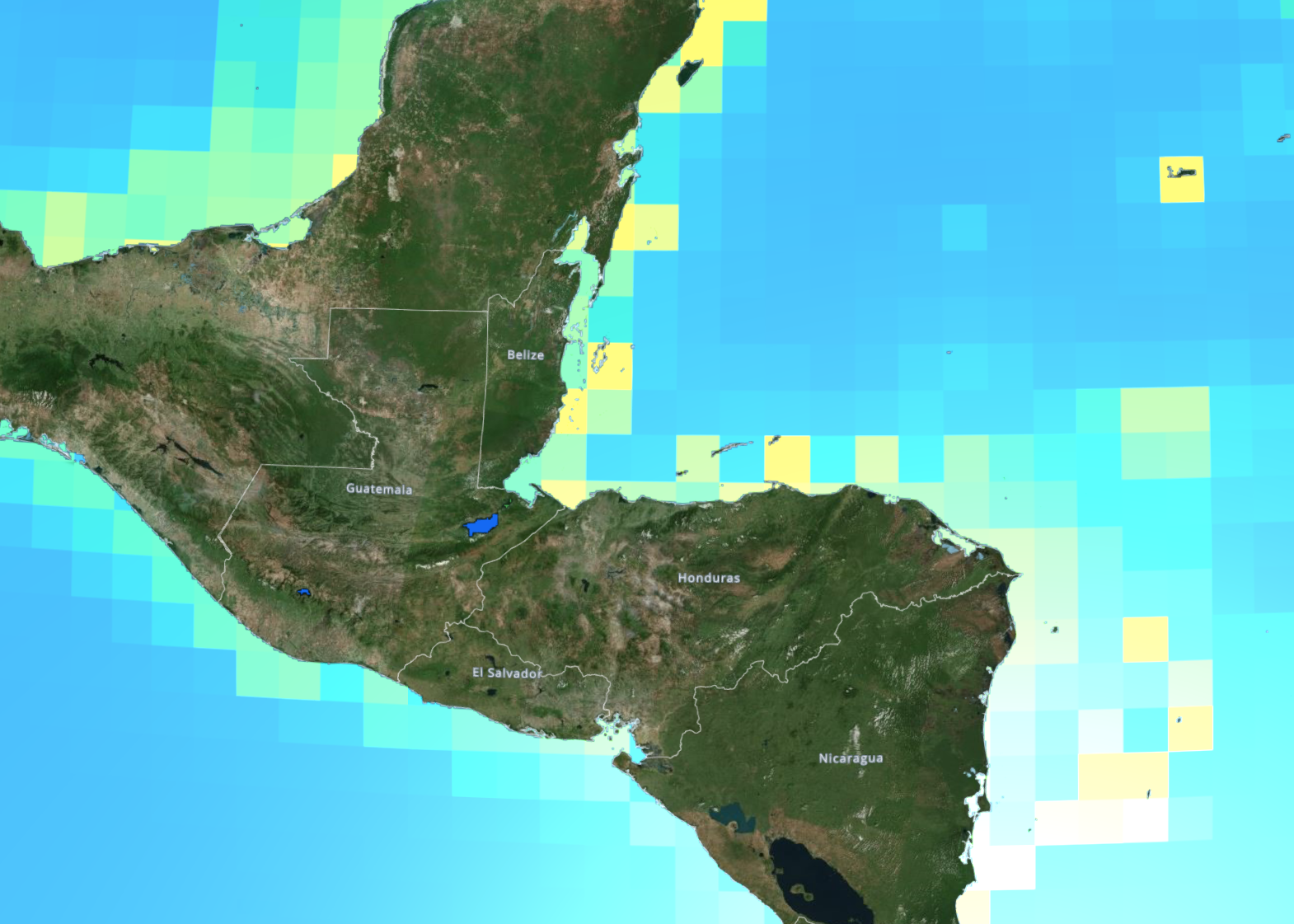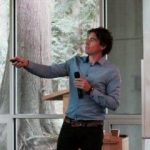
Map of Marine Species Rarity (Fishes) / Half Earth Project (half-earthproject.org/maps)
Dr. Gabriel Reygondeau has been chosen as “The Marine Guy” for the Half Earth Project, and has been named a UBC-Yale Fellow. Reygondeau, a Postdoctoral Fellow at UBC’s Institute for the Oceans and Fisheries (IOF) in the Changing Oceans Research Unit (CORU) and part of the NF-UBC Nereus Program, was selected for his work on marine species distribution.

Gabriel Reygondeau
The Half Earth Project, founded by Ed Wilson, has found that humans need to protect at least half of the Earth’s habitats to save 85 per cent of all biodiversity. But which half should humans protect to save the most species? To answer this, biodiversity specialists, including Reygondeau, were invited to join the Project and help map the richness and rarity of different species worldwide.
A specialist in marine biogeography and species distribution, Reygondeau was invited to map the global distribution of marine species. He was selected for his various accomplishments: he was the first researcher to gather a massive database on species distribution; and one of the first to develop a standardized species distribution model. To date, he has also modelled more than 22,000 diverse marine species from present day until 2100.
While the distribution of marine species has already been mapped in some locations, Reygondeau expanded on this to model the distribution of species worldwide by using existing data. This relied heavily on the idea of the ecological niche.
“Any species, especially in the ocean, will most likely have a preferred area where you can find them, an ecological niche,” Reygondeau explained. An ecological niche is unique to each species and refers to a species’ specific role in its ecosystem, including how it interacts with other species and its environment. Using niches, researchers can predict the environmental conditions under which a species is likely to be found. They can then extrapolate on this data to map a species’ potential distribution across the globe.
“Having a global pattern helps you manage different scenarios better, especially in the context of climate change, where species are moving due to change,” Reygondeau said. Global modelling can account for scenarios where species move into new areas, like the introduction of invasive species or species migration in response to climate change. “For example, in Canada, lots of species on the West Coast will not disappear but just migrate to Alaska, which may create conflict with economical fisheries,” he explained.
“Having a global pattern helps you manage different scenarios better, especially in the context of climate change, where species are moving due to change,” Reygondeau said.
Reygondeau is also the first IOF researcher to obtain the UBC-Yale Fellowship, which will allow him to continue his research at both UBC and Yale University. His marine species modelling work for the Half Earth Project will contribute to the Map of Life Project, an initiative to map the distribution of individual species across the globe.
Tags: CORU, Gabriel Reygondeau, IOF postdoctoral fellows, IOF Research Associates, marine biogeography, Modelling, Nereus Program, species distribution